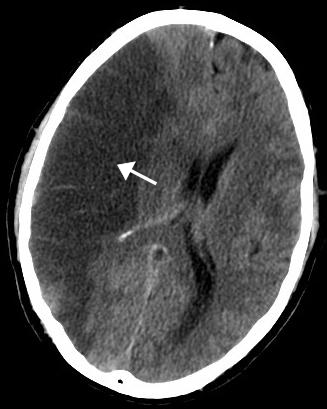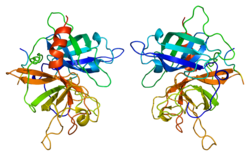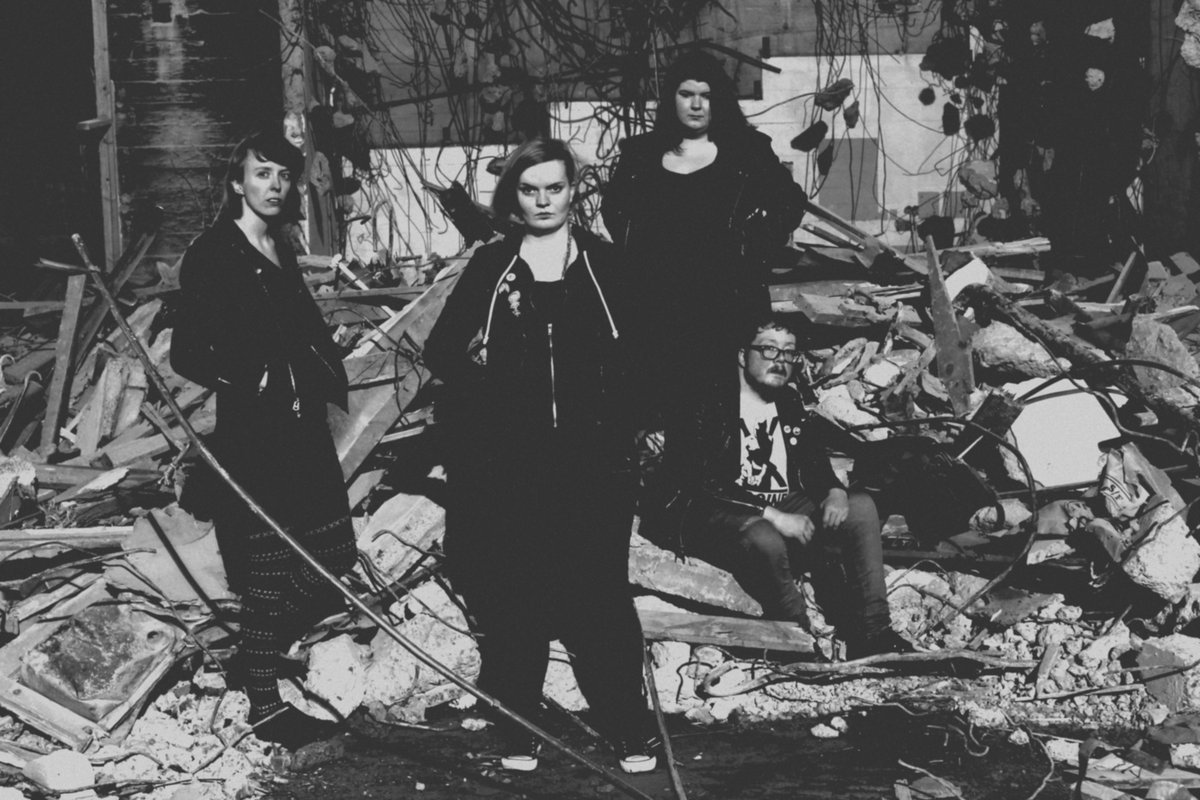Critical thinking. It’s an important aspect of life and living. If there is one lesson I learnt in uni was that critical thinking was probably the most essential part of becoming a nurse (Yes, people will say care and compassion are more important, but care and compassion can be done wrong if done without critical thinking). It is also the reason why it’s a three year course. That might seem like overkill, but just look at how long doctors have to train and thank your lucky stars.
My personal tutor always made a point of it when we talked about evidence and the use of it in good care. It is one of the many reasons how student nurses become nurses. One of the biggest parts of their studies is how to critically evaluate the evidence, the research and how to critically appraise it. It is to learn how to distinguish between a bad study (that can hinder your care for someone, for example The Wakefield study) and a good study, as in a study that can, will and does positively impact on your patient group.
My personal tutor always made a point of it when we talked about evidence and the use of it in good care. It is one of the many reasons how student nurses become nurses. One of the biggest parts of their studies is how to critically evaluate the evidence, the research and how to critically appraise it. It is to learn how to distinguish between a bad study (that can hinder your care for someone, for example The Wakefield study) and a good study, as in a study that can, will and does positively impact on your patient group.
In our profession we have to deal with a plethora of different medical professionals, some of course more difficult than others. Because of this we have to learn how to think critically and also make sure that our evidence based practice is up to snuff. This does not mean that we know better, we don’t (always), it means that we should know when to ask the right questions, and also when to accept the answers. But with that, we should always make sure that we follow up on those questions and if we feel that we do know better we should be able to say so and back it up. This is why nursing education is so broad and this is why as a profession we are encouraged to adopt life-long learning, it does nobody any good if you just decide that you want to stay in your present role until you retire. That is not a good enough reason to stop learning. Even if you stay as a Band 5 throughout your career you still have to learn how to move with the times.
As nurses we shouldn't just do stuff, we shouldn't just carry out tasks without thinking WHY we are carrying out those tasks. Which is why there is always a big push for evidence based practice. It doesn't just apply to doctors, it also applies to nurses. We are not there to be at the beck and call for doctors, we are there also to work as safety nets for our patients. We are there to make sure that our patients get the best care and that does not only apply to regarding personal care. It also applies to the medical treatment they get. Since doctors cannot be there all the time, we have to be their surveillance system. Seeing as the doctors care of patient is so dependent on the reports they get from the nurses. But along with that we also should be able to work with enough autonomy and knowledge, in case something needs to be done there and then.
And this is why it boils my piss when I come across nurses who should know better. There are way too many nurses (minority, yes, but still too many) who seem to follow trends and not the evidence. When I hear nurses spout of stupid stuff like “MMR vaccine causes Autism” or “80% of the immune system is in the gut”, “I’ve never had the flu, so why should I bother with the vaccine”. Or use words like “toxins”, “detoxify” or “chemicals” without proper context. Or dabble in homeopathy. Or claim that organic is better. Or read the Daily Mail for health advice. (Don’t get me started on the diet talk)
We should know better and the fact that I know nurses who do and have said stuff like that makes me a little sad. We have come a long way from being essentially doctors handmaidens. We are not just the task-oriented workers of yore (Though, you’d be hard pressed to believe that when you meet some of us). But sometimes it feels like we are still battling through those days.
Just in case people get the wrong idea, I am not saying that us nurses (Just me) should be all knowing and perfect in everything they do. It would be nice, but it is never going to happen. What I am asking is that nurses take their time in following the evidence up. If they read an article that says somewhere “A recent study...” then please before quoting the article, see if the study is actually referenced and if it is, to actually read the study in order to confirm that the article represented that study well or completely misled the reader. If they have that niggling doubt to make sure that they follow up on that. Be skeptical, but do not deny. Accept the answers when the evidence is overwhelming.
Good evidence trumps anecdote and intuition. A nurse who works with good evidence in conjunction with finely honed intuition that has been developed over the years is even better. But in the meantime, while the nurse is getting that experience it helps to learn critical thinking.
The most important lesson every student nurse can learn is that there is always more to learn and that your knowledge base can always be broadened, widened and stretched. Or in the words of Neil DeGrasse Tyson:
We should know better and the fact that I know nurses who do and have said stuff like that makes me a little sad. We have come a long way from being essentially doctors handmaidens. We are not just the task-oriented workers of yore (Though, you’d be hard pressed to believe that when you meet some of us). But sometimes it feels like we are still battling through those days.
Just in case people get the wrong idea, I am not saying that us nurses (Just me) should be all knowing and perfect in everything they do. It would be nice, but it is never going to happen. What I am asking is that nurses take their time in following the evidence up. If they read an article that says somewhere “A recent study...” then please before quoting the article, see if the study is actually referenced and if it is, to actually read the study in order to confirm that the article represented that study well or completely misled the reader. If they have that niggling doubt to make sure that they follow up on that. Be skeptical, but do not deny. Accept the answers when the evidence is overwhelming.
Good evidence trumps anecdote and intuition. A nurse who works with good evidence in conjunction with finely honed intuition that has been developed over the years is even better. But in the meantime, while the nurse is getting that experience it helps to learn critical thinking.
The most important lesson every student nurse can learn is that there is always more to learn and that your knowledge base can always be broadened, widened and stretched. Or in the words of Neil DeGrasse Tyson:
















